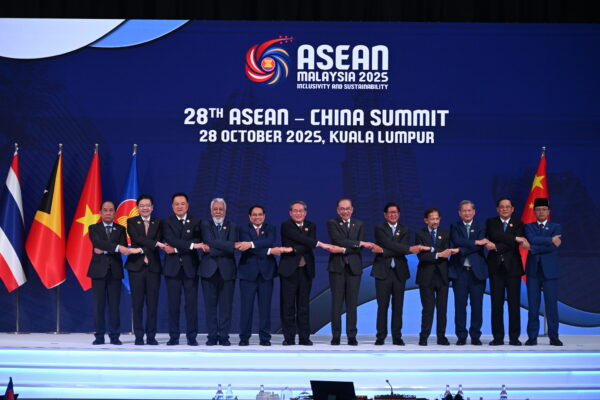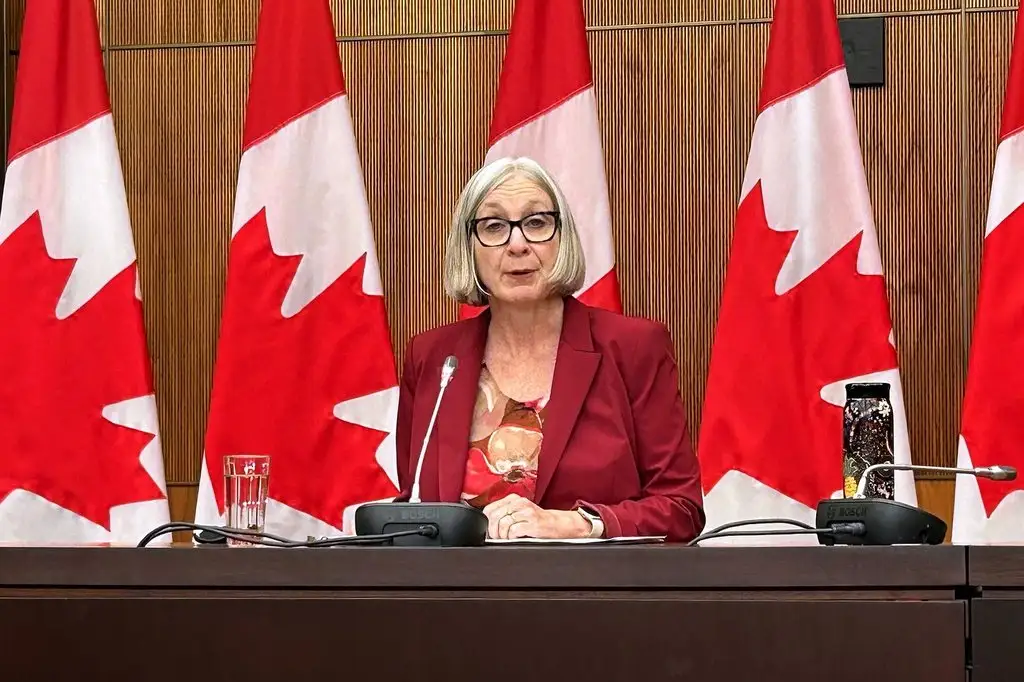Copyright thediplomat

The Association of Southeast Asian Nations (ASEAN) and China have signed an upgrade to their free trade agreement, expanding it to cover areas such as supply chain connectivity and the digital and green economies. The upgraded and expanded version of the 2002 China-ASEAN Free Trade Area (CAFTA), known as “CAFTA 3.0,” was signed into effect this morning at the 28th ASEAN-China Summit in Kuala Lumpur. Since coming into force in 2010, CAFTA has significantly expanded the amount of trade between ASEAN and China. Bilateral trade has risen more than fivefold, from $192.5 billion in 2008 to $982 billion in 2024, according to Chinese data. The CAFTA 3.0 aims to expand this further, introducing nine new chapters “covering areas such as digital economy, green economy, and supply chain connectivity,” according to China’s Ministry of Commerce. Speaking during an ASEAN meeting on Sunday, Malaysia’s Prime Minister Anwar Ibrahim, the current chair of ASEAN, hailed the CAFTA 3.0 agreement as a “milestone” that will “open a new chapter in ASEAN's strategic partnership with China and strengthen the region’s collective economic resilience,” a Malaysian media report paraphrased him as saying. While the negotiation of CAFTA 3.0 predated the announcement of Trump’s tariffs – talks began in November 2022 and concluded in May of this year, according to Reuters – they have taken on added importance in the wake of U.S. President Donald Trump’s imposition of tariffs on most of Washington’s major trading partners. The signing of the upgraded agreement came a day after China’s Premier Li Qiang called on his Asian counterparts to defend the principles of free and open trade. During yesterday’s ASEAN Plus Three Summit, Chinese Premier Li Qiang said that the region faced “complex changes in [the] international economic and trade structure, especially the disruptions from high tariffs,” an apparent reference to Washington’s sharp protectionist turn. “We have a deep feeling that East Asia is faced with mounting difficulties and challenges in its economy and a growing instability and uncertainty in its development,” Li told the summit, which included the 11 ASEAN member states, as well as dialogue partners China, South Korea, and Japan. He urged his colleagues to uphold free trade and the multilateral trading system, oppose all forms of protectionism, and continuously advance regional economic integration.” Since the announcement of Trump’s “reciprocal tariffs” in April, China has sought to position itself as the champion of free and open international trade, and to expand its trade and investment relationships on this basis. Beijing’s message has been warmly received in Southeast Asia, which was hit hard by Trump’s initial tariff announcement in April, which levied rates of up to 49 percent, in the case of Cambodia. Most Southeast Asian governments have since managed to negotiate lower rates. The experience has led China and ASEAN, and individual ASEAN member states, to reinforce their trade relationships with other partners as a hedge against further American unpredictability. Back in May, Anwar presided over the first-ever summit with China and the six members of the Gulf Cooperation Council (GCC), at which economics – shaping a future “that is more connected, more resilient, and more prosperous,” as Anwar put it – was at the top of the agenda. The U.S. tariffs have loomed over this week’s 47th ASEAN Summit in Kuala Lumpur, which Trump attended on Sunday before flying off to Japan. In addition to presiding over the signing of an expanded ceasefire accord between Cambodia and Thailand, the U.S. president oversaw the signing of Agreements on Reciprocal Trade with Malaysia and Cambodia, and frameworks for trade negotiations with Thailand and Vietnam, which will presumably lead to full agreements further down the line. Neither of the agreements with Cambodia and Malaysia reduced U.S. import tariffs that were set by the Trump administration in August, though they left room for exemptions. In this context, the expansion of the CAFTA agreement is a timely sign that if the U.S. decides to turn its back on the principles of free trade that it once championed, like-minded Asian nations will continue to establish and expand their own institutions, to the detriment of U.S. influence over the long term.



